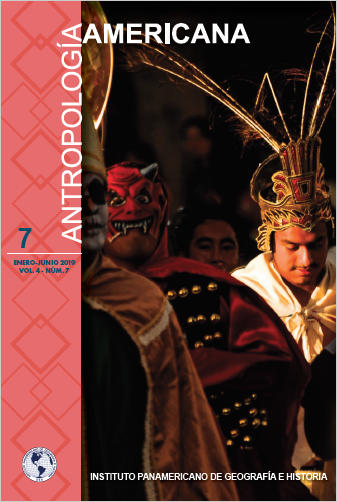The dialogue of knowledge and a framework for other ways of doing ethnography
Main Article Content
Abstract
Looking ahead to the 21st century, one of the important issues for indigenous peoples is the exercise of self-determination and autonomy in their territories. The struggle to exercise these basic rights is long and not all peoples have it on their agenda. The question then arises about the role of the academy in these processes and if it can contribute to the accompaniment of these processes. If yes, the question would be how? In this article I would like to present some clues that are forged from indigenous socio-environmental movements, from the fight against megaprojects in their territories, which require new ethnographic nar-ratives that are co-constructed from problems defined in common with subalternized peoples by The dominant society. These types of ethnographies include ontological imaginary about the future itself and future (life plan), which are built from their biocultural memory in their living in the current territories often of an ancestral nature. This text tries to explore other ways of “ethnography” by rethinking methodological perspectives to overcome tensions be-tween ethnographic researchers and the “others”, those investigated.
Downloads
Article Details
-
Abstract1281
-
PDF (Español)976
-
HTML (Español)424
-
ePub (Español)460

